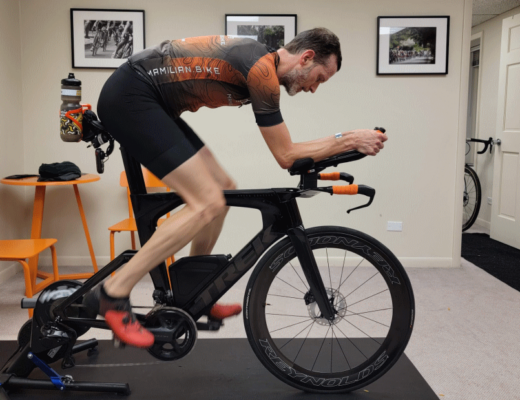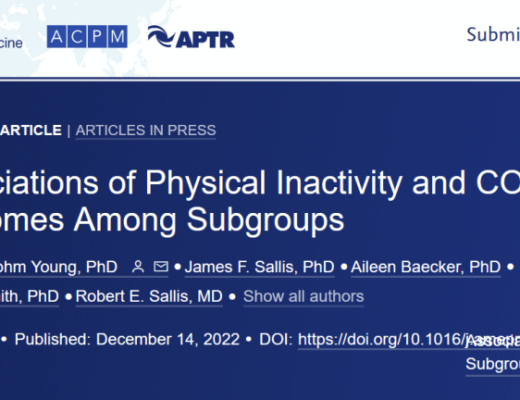I’ll never be the fastest, or the strongest, so where I can find advantage I’m generally more than happy to run with it. I thought Vitamin C was an advantage; after all, if you get sick less often, you can train more. And for the most part this strategy worked for as long as I pursued it, but it was recently brought to my attention that it had a major flaw (thanks 182lb pure climber). Vitamin C, and anti-oxidants in general, negate the positive effects of exercise, and are likely to have long term negative health impact as well. Frankly, it shocks me that 1) I didn’t know that already, and 2) it’s quite common to see/hear/read sports nutritionists extolling the virtue of supplementing Vitamin C, and anti-oxidants in general, for athletic performance.
Before going any further, full disclosure, I am not qualified in anyway to provide health/nutrition advice to anyone. Fitness, tuning health, and athletic performance are hobbies. Obviously, with an impact beyond how fast, how far, or how long I can ride a bike or run. So I’d love this to be more of a conversation starter, than a my-word-is-gospel kind of thing.
With that out of the way, lets take a quick look at a sample of scientific data, much of which is old enough that we should all know this (is it just me?). All but the last one (which is a summary piece linking to a real paper) look to be legit scientific papers, published in real journals, and they all find pretty much the same thing. Unnatural doses of vitamin C (and/or anti-oxidants) aren’t great for athletes, or people.
- Oral administration of vitamin C decreases muscle mitochondrial biogenesis and hampers training-induced adaptations in endurance performance
- Exercise-induced oxidative stress: cellular mechanisms and impact on muscle force production.
- Antioxidants prevent health-promoting effects of physical exercise in humans
- Antioxidants and Cancer: Backwards? (<-Scary one)
I found this all out about a month ago (thanks again, 182lb pure climber), so still figuring out the impact of taking Vitamin C supplements out of my diet, and clearly even in the long-term completely anecdotal. That said, the results have been incredibly interesting:
- Lower observed resting heart rate: This was completely unexpected, but makes sense. The heart is a muscle, and like other muscles it should adapt to stress (exercise) by getting stronger. A month on, it’s unusual for me not to see a number that is 5-8 BPM lower than it was in a similar state of rest (e.g. watching TV, waking up, sitting for any length of time, etc) a month ago. For reference, I haven’t seen any real change in resting heart rate in years, so this seems to me the most quantifiable and interesting output.
- Weight gain: Road cycling is my primary activity, so I’m not super thrilled about this, but gains appear to be mostly in muscle (I have a scale that guesses body makeup). So as long as the W/kg is trending in the right direction, I shouldn’t complain too loudly.
- Increased muscle performance (maybe): I haven’t taken an FTP test recently, so I can’t put hard numbers behind this (and even if I had, nearly impossible to isolate), but I have certainly noticed an improvement here. Both in peak, and sustainable output over time for longer efforts on the bike (measured using a power meter) as well as an increase in repetitions for body weight exercises (e.g. pull/push ups). It’s possible that this is straight placebo (I feel like I should be stronger, so I perform better). It’s also possible that an increase in protein intake a few weeks before removing Vitamin C is muddling the results here (as well as #2). But, on that point, I was pretty close to 1g/lb beforehand, so I added the 30g more as insurance to hit that target, than because I thought it was a deficiency in my diet.
- Increased muscle definition: Could be a big decline in body fat %, but the scale doesn’t indicate that. And if it was, #2 would be have to be slanted toward muscle gain. So win-win.
Again, I’m not a nutritionist, medical doctor, sports scientist, or anything beyond someone who is very interested in maximizing small advantages to produce better results. If this is a topic of expertise, or interest, let me know your thoughts either here in the comments or, as this is obviously quite personal, via email (or whatever).



